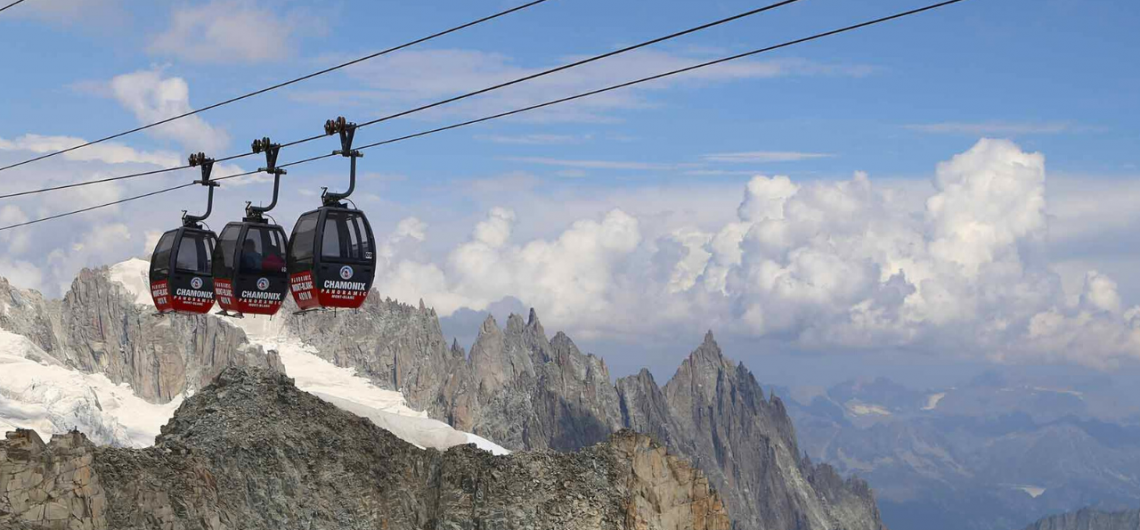Tanzania is in negotiations with a Chinese and a Western business to build cable cars on Mount Kilimanjaro, Africa’s highest peak, in order to improve visitor numbers.
Kilimanjaro attracts over 50,000 people each year. According to Constantine Kanyasu, deputy minister of tourism, a cable car might enhance visitor numbers by 50% by giving access to the mountain for people who are unable to climb it.
According to Kanyasu, the nation is now undertaking feasibility assessments on potential routes.
“We’re currently conducting a feasibility analysis to evaluate if this proposal is feasible,” he explained. “There are two firms that have expressed interest, one from China and the other from a Western nation.”
“This isn’t the first time cable cars have been used in the globe; cable cars can be found in Sweden, Italy, and the Himalayas,” he stated.
The government, according to Kanyasu, is looking at company ideas, possible investors, and profitability.
The length of the route has yet to be determined, with numerous possibilities being considered based on cost and engineering concerns, according to the ministry. He also stated that an environmental impact study will be conducted.
Porter and guide organizations who transport visitors up the mountain are opposed to the idea, claiming that cable cars would limit the number of climbers.
Visitors usually spend a week ascending the mountain, according to Loishiye Mollel, the director of Tanzania Porters’ Organization.
“A maximum of 15 persons can accompany a visitor from the United States, including 13 porters, a chef, and a guide. A cable car will harm all of these jobs “he stated
“We believe the mountain should remain in its natural state.”
Between Mount Kilimanjaro and Meru, another adjacent peak, roughly 20,000 porters labor, he added.
Tanzania’s tourist profits increased by 7.13 percent last year, owing to an increase in international visitor arrivals. Tourism receipts totaled $2.43 billion in 2018, up from $2.19 billion the previous year.
Tanzania’s major source of hard currency is tourism, which is famed for its beaches, wildlife safaris, and Mount Kilimanjaro, which is approximately 5,000 meters high from its base and contains three volcanic cones.
Divided opinion: Advantages & Disadvantages of Kilimanjaro Cable Cars
Tanzania’s environment and tourism ministries clashed over a plan to build a cable car up Mount Kilimanjaro on Sunday.
Tourism Minister Hamisi Kigwangalla unveiled the plan in April as a method to increase tourist numbers to Africa’s tallest peak.
The tourism ministry is now conducting feasibility assessments for the proposal. According to reports, a Chinese and a Western corporation have indicated interest.
Environment Minister January Makamba, on the other hand, stated on Sunday that his agency will be in charge of giving a licence for the cable car after assessing the dangers.
On Sunday, he tweeted to his roughly 700,000 Twitter followers, saying, “We will conduct research to identify what the environmental hazards are and what actions may be done to reduce them.”
Kigwangalla responded with a series of rebukes, questioning Makamba’s objectives and priorities as a minister.
“Do you believe we can build up a project without taking environmental rules into consideration?” He retaliated against a fellow member of the ruling party.
“What impact will a cable car have on the environment? Every year, more than 350,000 hectares of forest are lost in this country. Which is the more severe situation?”
Makamba stated that he was only stating the law and that it would be “immature on my behalf” to “publicly reply to, fight with, insult or criticize my distinguished colleague.”
Every year, some 50,000 people attempt to summit the approximately 6,000-meter peak.
However, the tourist ministry thinks that a cable car would attract individuals who are unable to climb the legendary mountain and increase visitor numbers by 50%.
Tanzania, which is home to the famous mountain as well as the Serengeti National Park and other natural treasures, relies heavily on tourism to generate cash.
Porters’ groups have been vocal in their opposition to the cable car project, fearing that it will ruin their livelihoods by giving another route to Africa’s “roof.”
![]()


Comments